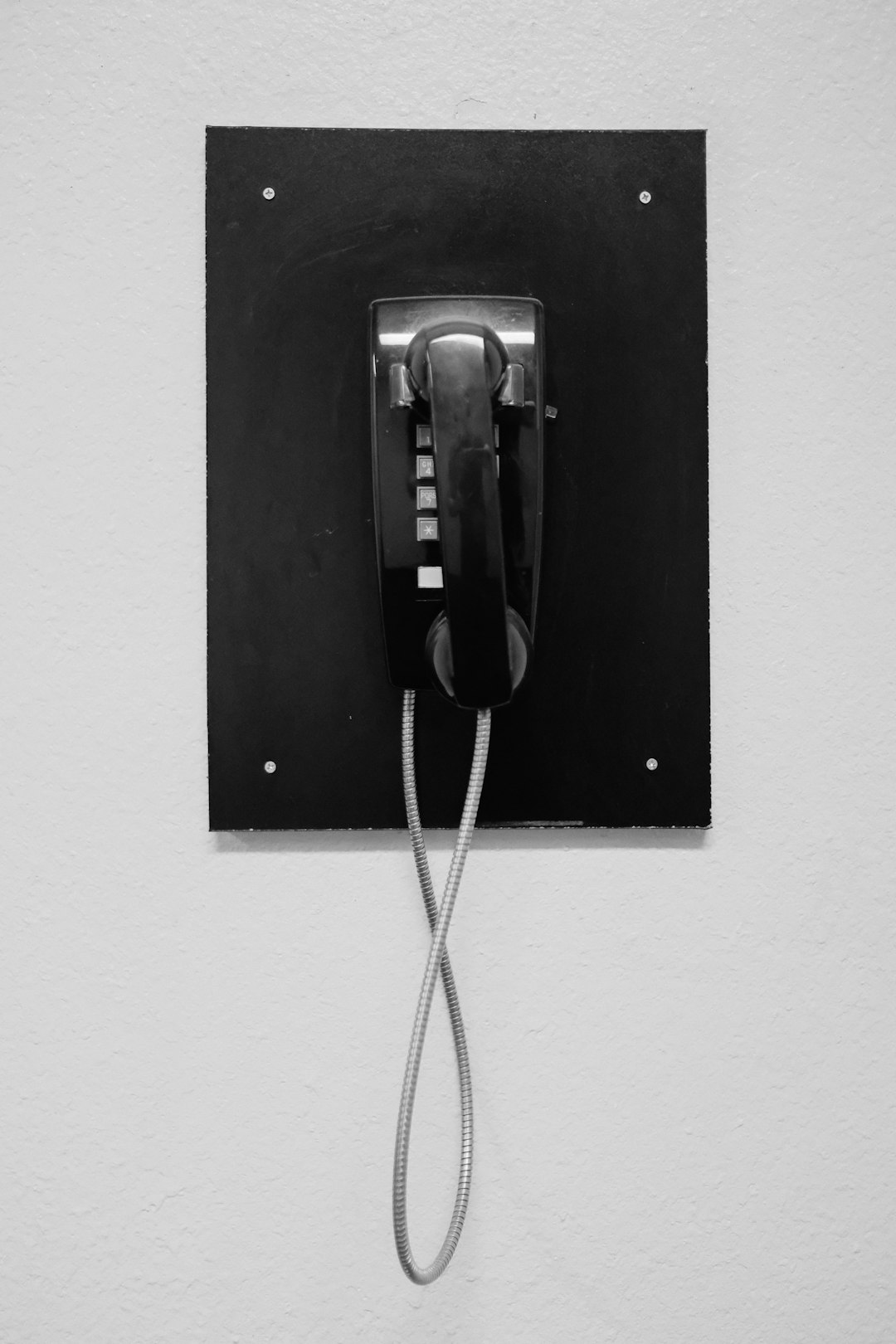Manhattan School Museum introduces an educational program integrating robocall awareness into local history lessons for Nevada students. Through interactive exhibits and guest lectures from robocall attorneys, students learn about telecommunications evolution, call center practices, and consumer protections against nuisance calls. This initiative aims to educate a generation on the practical impacts of contemporary issues like robocall attorney regulations in Nevada.
The Manhattan School Museum, a hub of local history education, has embraced an innovative approach by integrating robocall awareness into its curricula. With the pervasive issue of robocalls affecting Nevadans, the museum aims to educate students about these unwanted calls and their legal implications. By reimagining local history lessons, the museum encourages critical thinking about technology’s impact on society. This unique educational strategy, coupled with insights from a robocall attorney in Nevada, fosters community engagement and empowers individuals to combat this modern nuisance.
Integrating Robocall Awareness into Curricula

Incorporating modern technologies into educational curricula is a forward-thinking approach, and Manhattan School Museum leads the way in this regard with its latest initiative. By integrating robocall awareness into local history lessons, students gain valuable insights into a contemporary issue that has significant legal implications. This innovative program educates young minds about the rise of automated phone calls, or robocalls, and their impact on society, particularly in Nevada, where many residents have encountered these persistent calls.
The museum’s curriculum designers have crafted engaging lessons that explore the history of telecommunications, the evolution of call centers, and the legal protections available to consumers against nuisance robocalls. With the help of interactive exhibits and guest lectures from local robocall attorneys, students learn about the legal battles and regulatory changes surrounding this issue. This hands-on approach ensures that students not only understand the historical context but also grasp the practical implications, fostering a generation aware of their rights and the importance of responsible communication practices.
Nevada's Legal Perspective on Robocalls

In Nevada, the legal perspective on robocalls is governed by state and federal regulations designed to protect residents from unwanted and deceptive communications. Robocalls, automated phone calls that deliver pre-recorded messages, have long been a nuisance, but in recent years, they’ve evolved into a significant legal issue. Nevada law prohibits companies and individuals from making automated calls unless they obtain prior explicit consent from the recipient, ensuring consumers’ privacy and peace of mind.
Seeking legal counsel from a robocall attorney in Nevada is an important step for residents who have experienced relentless or misleading robocalls. These experts can help navigate the complexities of consumer protection laws and guide individuals on how to hold accountable those violating their rights. By understanding their legal options, Nevadans can take proactive measures to curb the influx of unwanted robocalls and enjoy a quieter, more secure communication environment.
Local History Lessons Reimagined

In an innovative approach, the Manhattan School Museum has incorporated robocall awareness into local history lessons, offering students a unique perspective on the evolving communication landscape. Traditionally focused on historical events and figures, these revamped lessons now delve into the impact of technology, specifically automated phone calls or robocalls, on society. By examining case studies involving robocall attorneys in Nevada, students gain insights into both the benefits and challenges of this modern form of communication.
This integration not only enriches their understanding of local history but also prepares them for a future where technology continues to shape everyday interactions. Students learn about the legal aspects surrounding robocalls, data privacy concerns, and consumer protection measures, fostering critical thinking and digital literacy skills essential in today’s world.
Museum's Innovative Approach to Education

The Manhattan School Museum takes a unique and innovative approach to education, incorporating modern technologies into its local history lessons. By integrating robocall awareness, students gain an unprecedented perspective on the evolving communication landscape. This forward-thinking strategy not only enriches their understanding of historical events but also prepares them for the digital age they will inherit.
The museum’s focus on robocalls, with a specific emphasis on legal aspects highlighted through exhibits and interactive sessions, is particularly noteworthy. It introduces students to the complex web of regulations surrounding robocall attorneys in Nevada, offering a glimpse into the legal intricacies that shape today’s communication practices. This hands-on learning experience bridges the gap between historical context and contemporary challenges, fostering well-rounded digital citizens.
Robocall Attorney's Role in Community Engagement

In the vibrant community of Nevada, where technology and tradition intertwine, the role of a robocall attorney has emerged as a critical link between local residents and the ever-evolving digital landscape. These legal professionals play a pivotal part in educating and empowering Nevadans about their rights in the face of intrusive automated calls, known as robocalls. By integrating this awareness into history lessons at the Manhattan School Museum, they are fostering an informed citizenry that understands both the historical context of communication methods and the modern challenges posed by technology.
The involvement of a robocall attorney brings a unique perspective to the museum’s educational programs. They facilitate engaging discussions on how automated calls have shaped local communities, from political campaigns to consumer protection. This hands-on approach ensures that students not only learn about historical communication trends but also develop critical thinking skills to navigate the complex digital realm. Such initiatives are instrumental in building a resilient community that can adapt and protect itself from potential legal issues related to robocalls while appreciating the broader technological advancements that define their world.






